
Founder and lead principal of National Fuels Roy DeCambre is asking why signatures (he claims to be forged), on cheques totalling J$255 million (US$1.7million) forming part of an escrow agreement with NCB were allowed to be honoured despite him alerting the bank that they were fraudulently obtained.
The cheques pertain to the purported sale of National Fuel gas stations to Total Jamaica and are no way connected or part of DeCambre’s legal efforts to retrieve $J30 billion from the French energy giant.
In a letter dated September 21, 2020, Roy DeCambre writes to the CEO of NCB, Septimus Blake at the bank’s Trafalgar Road headquarters declaring: “Based on the expert report of Mr. George Dixon, Forensic Document Examiner in the Technical Services Division of the Jamaican Constabulary Force, the purported signatures of Mr. Ian Philipson were fraudulently made. More so, these could have been discerned by the untrained eye. In making the disbursements pursuant to these letters, National Fuels and Lubricants Limited (NFLL) was disenfranchised from the sums due and owing to it.”

“As a result, it is believed that NCB was negligent in accordance with Clause 3.4 of the Escrow Agreement, in that it is liable for the acts or omissions of its servants and/or agents, in not verifying these signatures before making the disbursements. You will see enclosed a copy of the Expert Report of George Dixon in relation to the signatures of Ian Phillipson,” DeCambre’s continued.
NCB made its position very clear on this matter and holds the view that it discharged its professional obligations in accordance with recognised banking practices. DeCambre has not initiated legal proceedings against NCB.
Our Today made enquiries of NCB as to the legitimacy of the cheques connected to escrow accounts and was told that the bank does not discuss clients’ banking agreements with the press.

It referred Our Today to a letter in its possession, written by its General Counsel and Corporate Secretary Dave Garcia to Roy DeCambre stating the bank’s assessment of the situation.
Dated November 23, 2020, the letter reads: “We have not been able to locate any record of an allegation of forged signatures previously being raised with us. National Commercial Bank Jamaica Limited (NCBJ) does not share the views you have put forward, in particular the view that NCBJ was negligent in discharging its duties as Escrow Agent under the Escrow Agreement dated January 22, 2004. Upon receipt of written instructions from any client, we generally – at a minimum – do a reasonable visual inspection of the signature (s) on the instruction against the specimen signature (s) we have on file. As Escrow Agent, we would have discharged our duty of care by acting upon the purported signatures of the parties involved.”
“In any event, we are of course, in a position to rely on the indemnity given in clause 5.2 of the Escrow Agreement and you would no doubt observe and be advised by your attorneys-at-law on the limited circumstances in which a claim could be sustained in the face of that indemnity. Such circumstances would not apply here.”
One of the issues raised here is the time taken to bring the purported fraud to the bank’s attention and supported documents and evidence. A resolution of sorts seems to centre on the period of delay and NCB did shed light on this matter.
Garcia continued: “The time taken by you to assert the relevant issues affected our ability to readily retrieve the archived records needed to respond to your request. By the time the Bank of Jamaica wrote to us, some had been retrieved but, as indicated in August we remained unable to retrieve all.”

“On the matter of delay, of course, if someone has perpetrated a fraud, the issue of delay might not similarly constrain you from taking action against such a person, but it does not appear to us that that is a matter in which NCBJ would be involved.”
NCB is sticking to its position, making it clear it is not a party to any wrong-doing or conspiracy to defraud. It holds the view DeCambre must take up the matter with his lawyers and seek recourse elsewhere.
So what is the Bank of Jamaica’s position on this? Roy DeCambre has said he wrote a complaint on this matter to the Bank of Jamaica first on May 20, 2020, addressed to Maureen Simms. He again wrote to the Bank of Jamaica on November 16, 2020, sending them information and the evidence in his possession about the signatures on the cheques.
What procedures does the Bank of Jamaica follow if there are claims of fraud concerning banking transactions with large sums of foreign exchange?
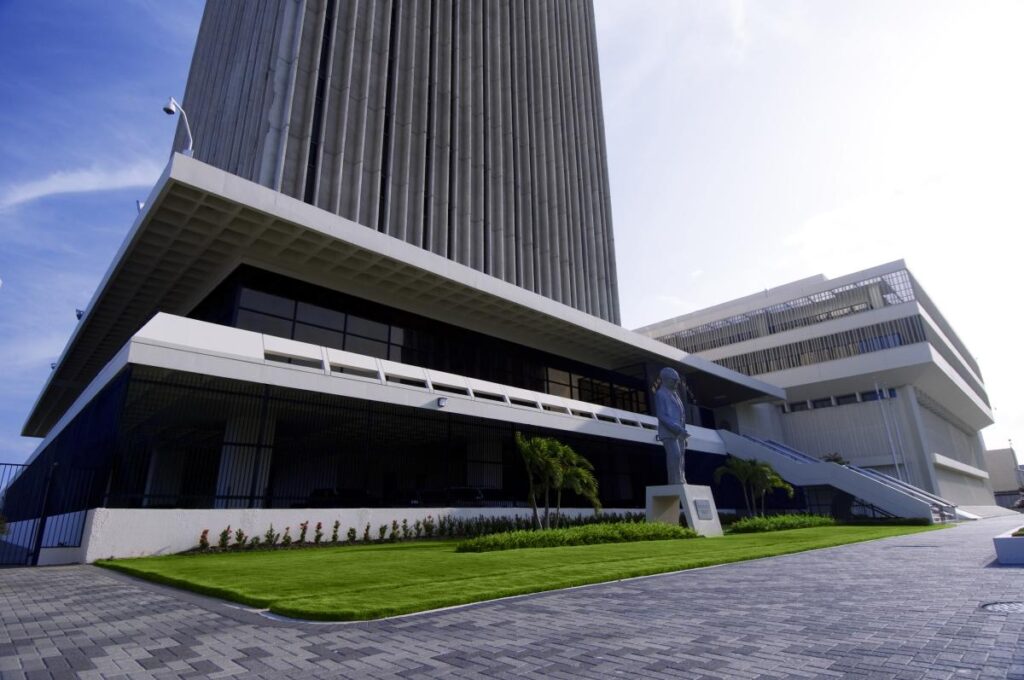
Our Today drew attention to DeCambre’s claims here and was told the Bank of Jamaica does not comment on cases before the court and would go through its position on discovering fraudulent signatures and deceitful transactions later the same day.
A the time of posting, Our Today did not hear back from the Bank of Jamaica on that position.
Balances remaining on both escrow accounts (Investments and Savings) were transferred to Total Jamaica Ltd in May 2005 upon instructions from Livingston, Alexander and Levy to release the respective funds, according to a letter dated December 11, 2018.
DeCambre said he had no knowledge of the whereabouts of these accounts or that Livingston, Alexander and Levy was indeed acting on the behalf of Total Jamaica.
Our Today called Livingston, Alexander and Levy to make further enquiries on this and was told that “it does not have data on this matter at this time” and would get back with a response. To date, no response has been received.

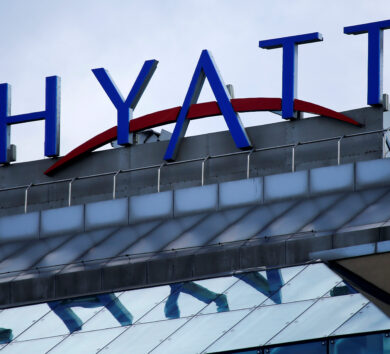
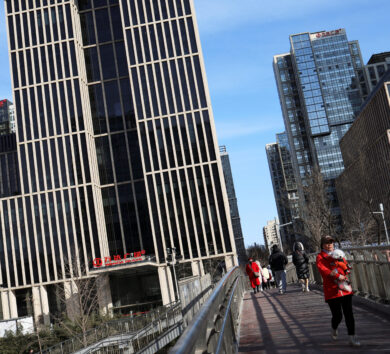


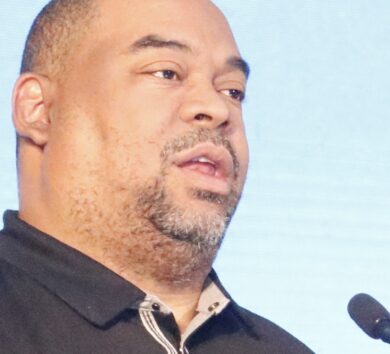
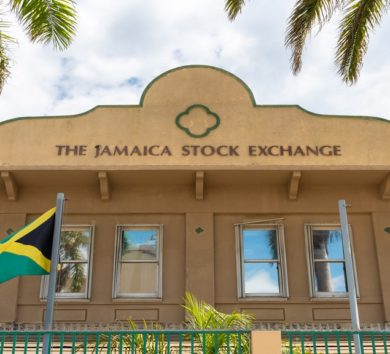
Comments